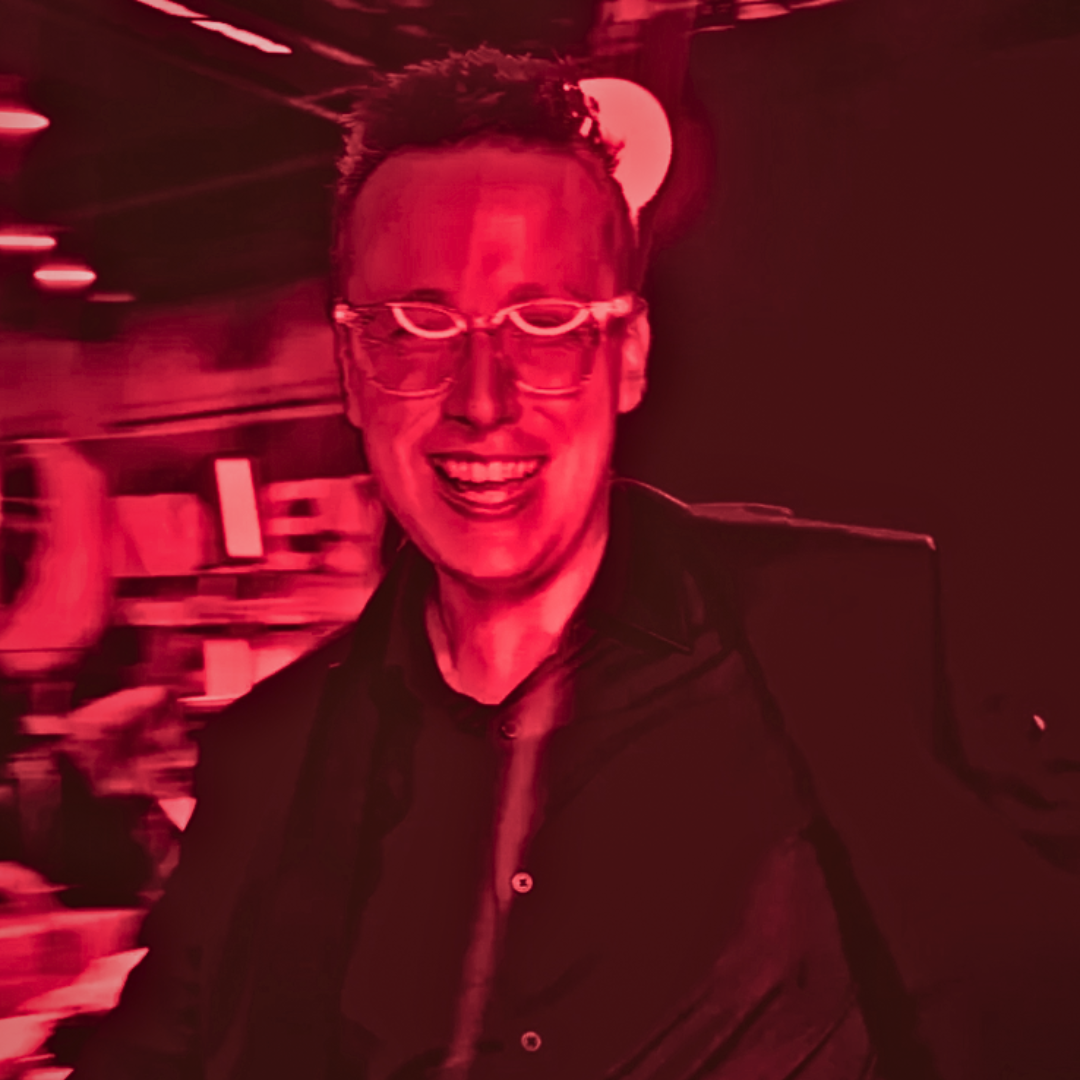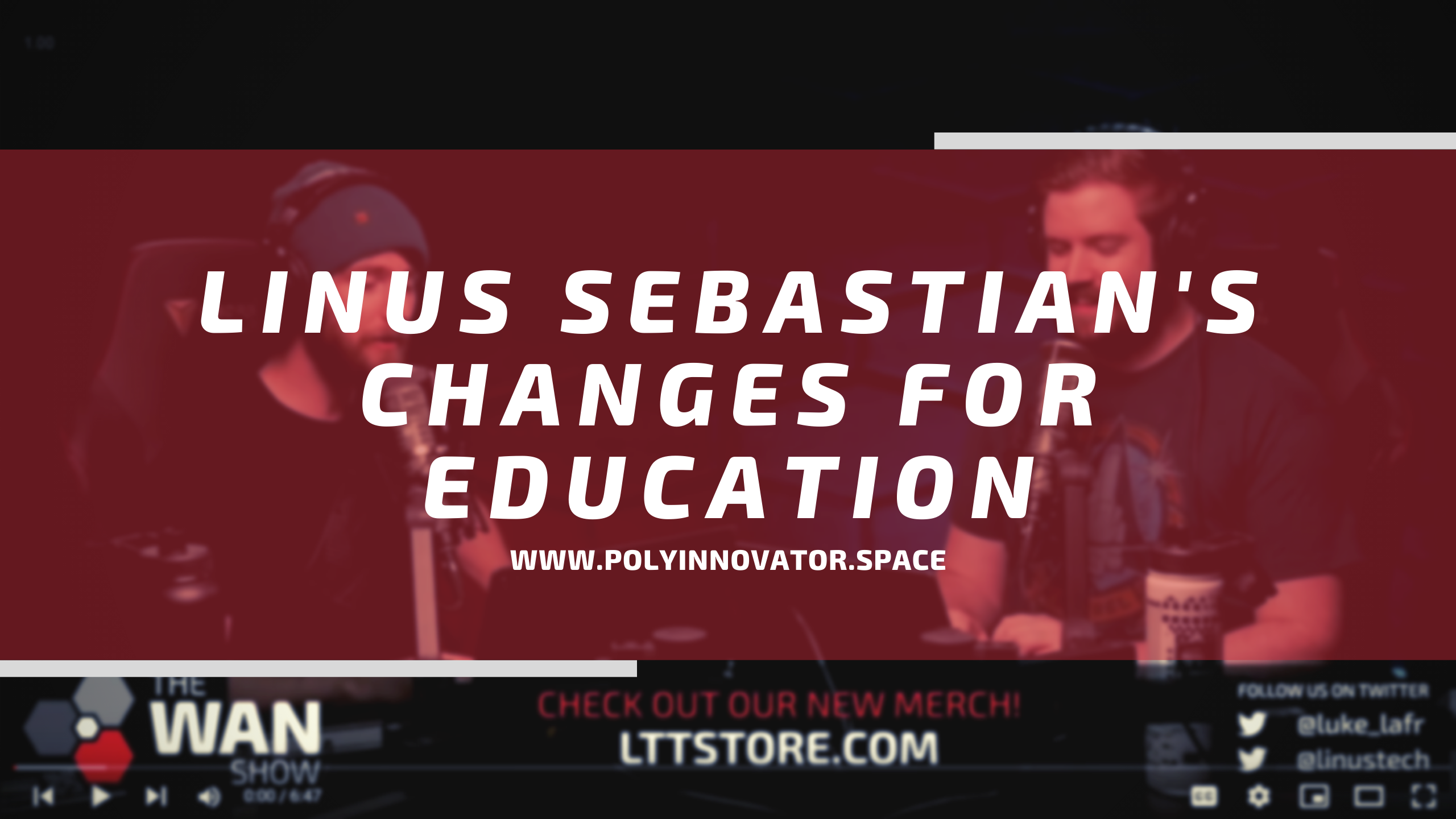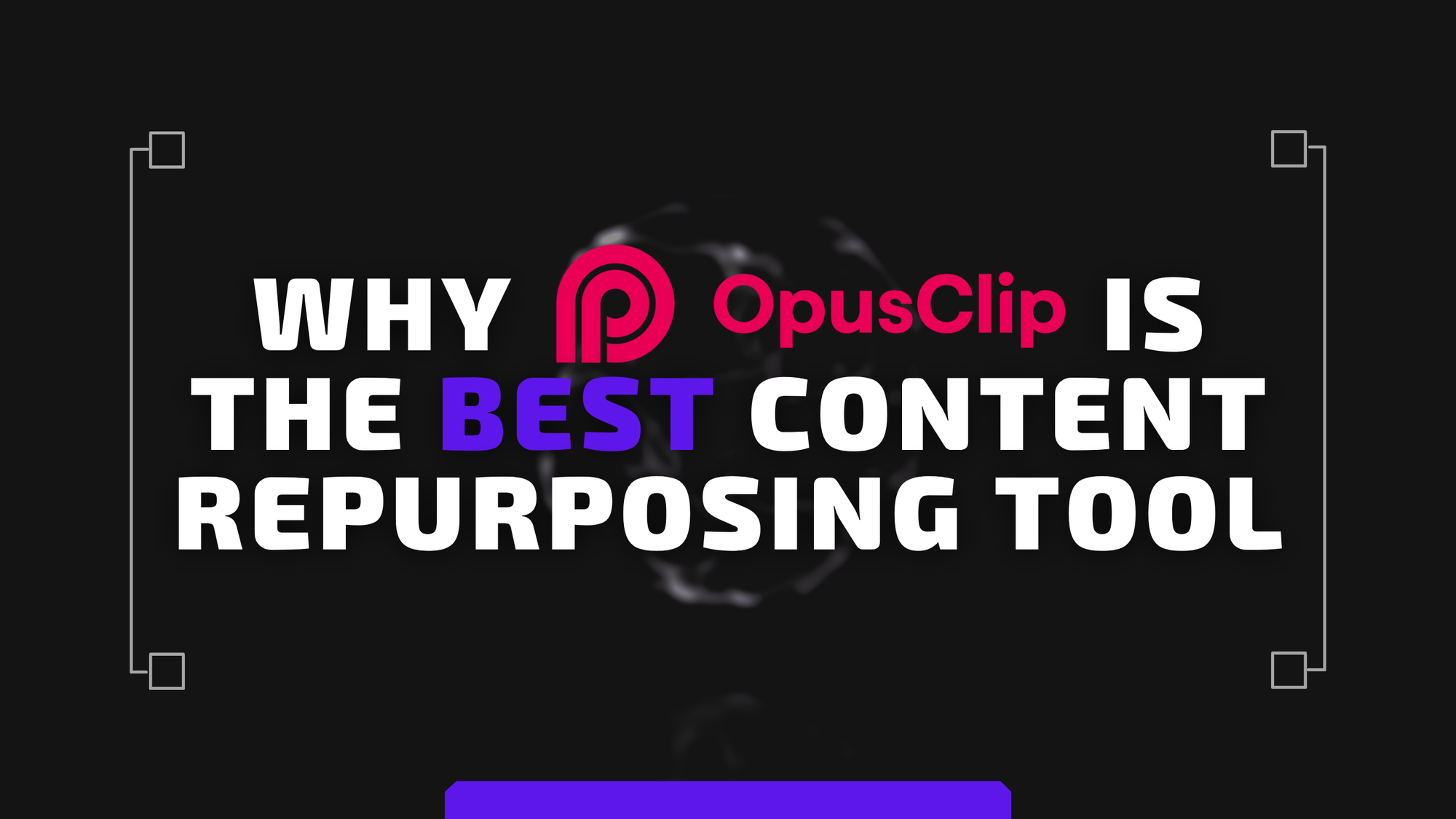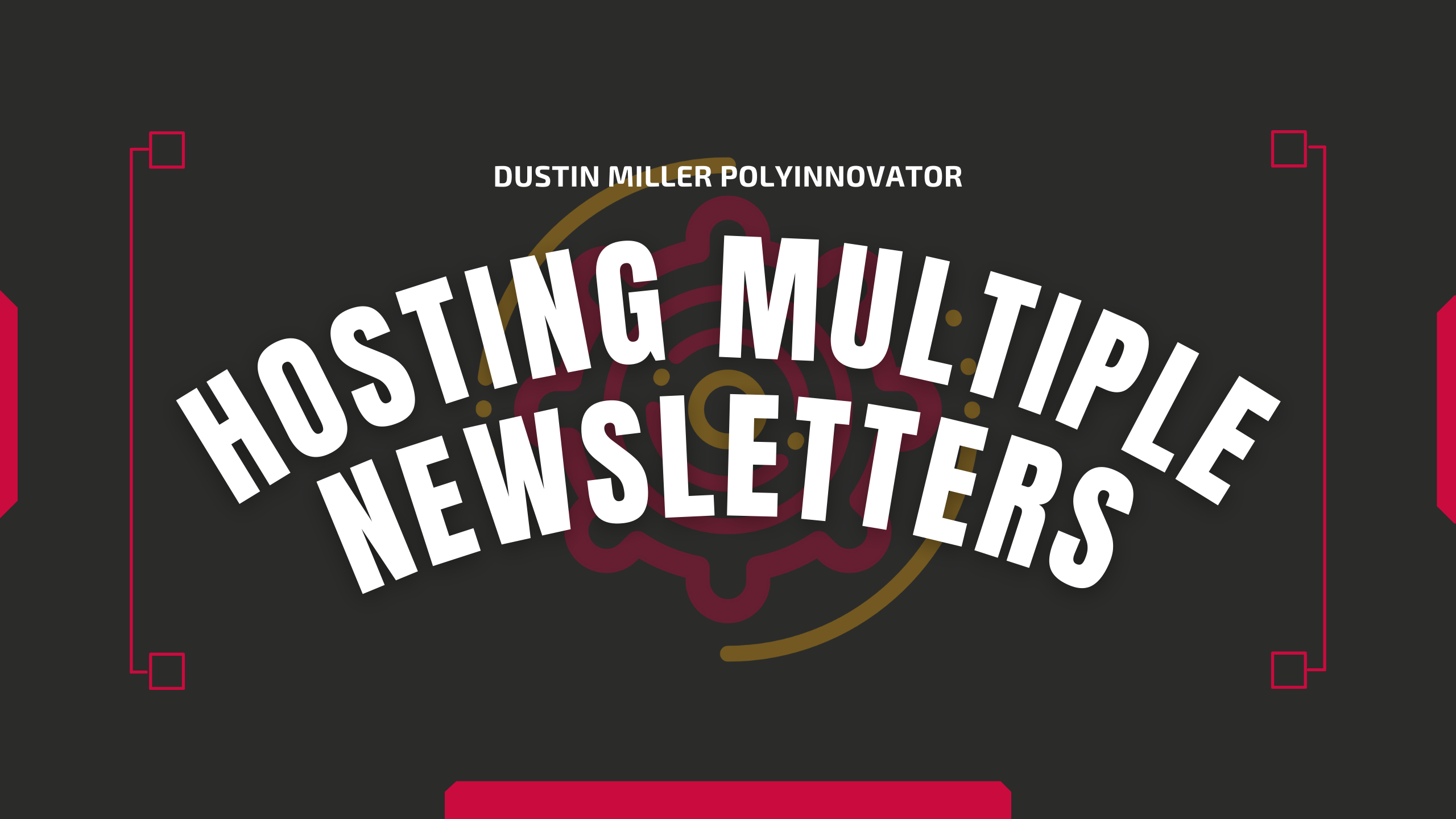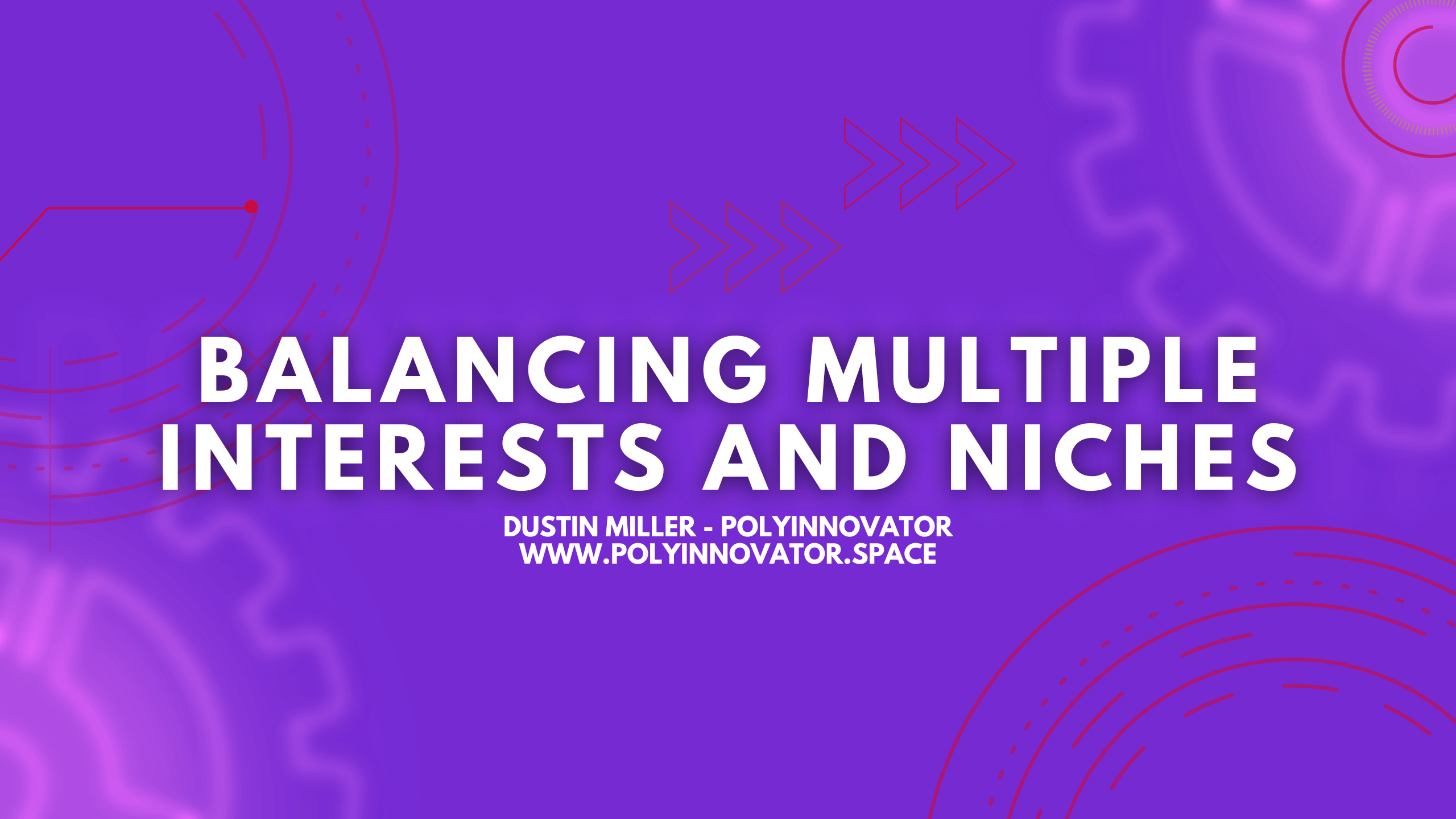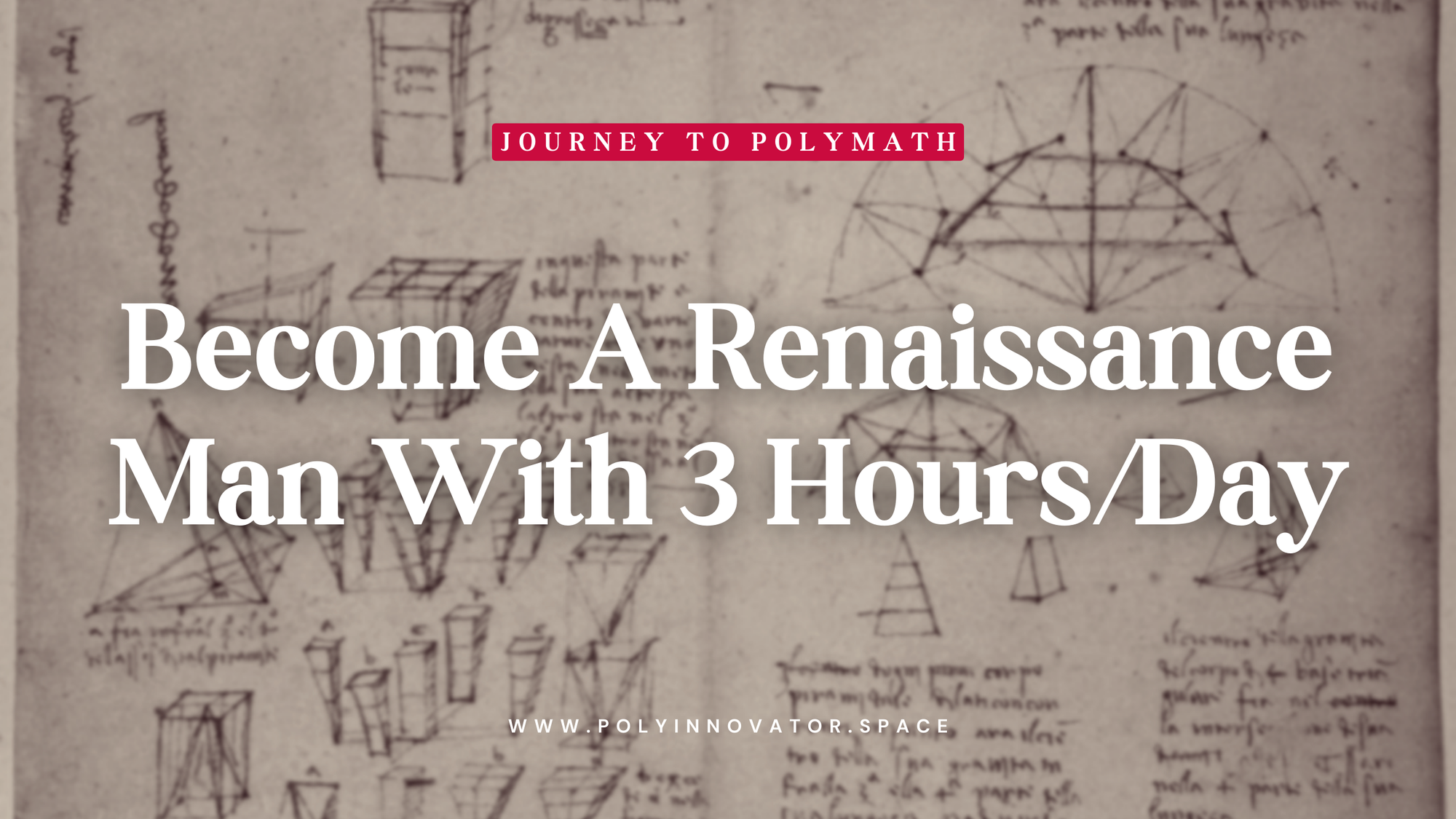"Take this for the outdated, region based, rant that it is..." Well here is the deal: nothing has changed. To be honest I don't see much difference in the Canadian way of things, versus the U.S. version of schooling. In both cases we are glorifying specialization, while at the same time failing to teach width at a useful level.
I'm creating this post based off an interesting video clip by Linus Tech Tips' WAN show. Where the CEO Linus Sebastian talks about learning, and the education system.
Sorted by Aptitude and Desire to Learn
Growing up we usually don't know what we want to do with our lives. It is not something that could be forced, nor should it be. Luckily Luke Lafreniere knew that some of the classes he was taking WOULD NOT be what he did in the future. As he mentions in the video above.
In my own life as well I was super lucky to know almost exactly the type of work I wanted to go into from a young age: that being a "Business man/Entrepreneur".
I manually sorted my elective classes into information that would help me towards that goal. From intro to business all the way to digital media, and even graphics design.
As I knew that they would be useful for the career I wanted to go into. However I also was forced into taking a plethora of classes that held no meaning to me. Simply because I needed a credit for that subject. I am a voracious reader when I choose to be, a deep learner, and even a prolific MOOC/educational video consumer when I am learning something.
I bring this up because when I want to learn I go out of my way to, but when I don't want to learn something I almost do the opposite. Fight it almost every step of the way. Many students were able to suck it up, but for someone like me I couldn't.
The Sorting Hat
If only we had a sorting hat system that could tell what students were eager, and which were not. That way they could be worked with at their level, raising the less eager, and rising to the level of the most eager. Right now we have an all across the board approach, where every student learns the same way.
At least in theory, but as we have all found out the hard way, that is not the case. We do not all learn the same, and that especially goes for those who are neurodivergent.
Focusing instead of Grazing Across Topics
Look I'd be the first to tell you to spread out and generalize, but ironically I actively avoided college for a few reasons. One of the biggest reasons was my absolute disdain for the required "General Education" courses you have to take.
The way schools go about teaching a broad range of subjects is inherently flawed. Not only do they forego the "interleaving" method, which is to switch your attention between subjects to optimize focus, but they actively hinder that process.
This is because of how the school system changes between classes, when I started Secondary/High school I had a 7 class day system. Then the next year it switched to a block based system. Jumping from 43 ish minute classes to about an hour and half long ones. That I think was a solid step in the right direction, for essentially in the previous system you were just getting into the groove of the class when it ended. I always say on podcasts that I basically only get started 45 minutes into it.
Taking the Jack of All Trades approach, NOT the Multi-Specialist approach
I've talked a lot on being a JoAT, let alone my aversion to specialization. To be compeletly upfront I am not saying you should specialize, in fact for a lot of people you probably should. However how you go about learning is really key.
Even for specialists there really is a need for being T-Shaped, and maximizing your potential cross-discipline knowledge. Transcontextual thinking is extremely useful in innovative ideas. By learning wide in general, but focusing in the specialty you leave yourself open to the opportunities.
By taking a specialist approach alone, then you cut yourself off from potential new innovations. The benefit of "focus" is negligible at best.
Mastering time management is key for the juggling approach, but that is what schools are trying and failing to do. If we change the system to be more organized based on what the student needs, then we can teach them more effectively on a variety of subjects.
Side Note: How to do your Taxes
From the grades 8 to 12 I took: Careers, Intro to Money Management, Intro to Business, Personal Finance, and more. However in all of those classes not once did I learn a thing about Taxes.
One thing I learned is that most companies like Intuit or H&R Block have lobbied for taxes to be more difficult. Not to mention charging you for them. You have a free file option, but ALL of the companies hide it from you. It is very disgusting business behavior, they even turn off search engine results to find the links to the free file options. Which is why I made this post to help you and me!

Student Dependent Learning, and Taking a Modular Approach
"It really is Student dependent"
-Linus
Every teacher has a hard job, and I only know this from my own fitness training/swimming instruction jobs. However each client, even in the large classes, has their own path. It is your job as a teacher to try and help them on that path, and will you get to everyone, no. More than likely not, and that is the problem. Teachers are overly strained as it is, with short funding, lacking of respect in the communities, and overall can't cater the curriculum to every student.
It just doesn't work that way...
Not yet at least. With advent of various technology innovations over the past couple decades, there have been advancements on scaling learning.
From MOOC's to the reverse classroom model, and more.
By taking the focus on what the student needs to learn, and not on what can the teacher teach them specifically. Then we allow the student to prosper a lot more.
This is the philosophy behind the Modular Degree and skill tree based learning. Creating a system for the student's own pathways, and learning abilities.
I think Linus is onto something here, and that is why I felt inspired to write this post.
Check out Linus Tech Tips!
I've loved this channel for the better half of a decade, and they always come out with informational/useful content.


![Official Website for Dustin Miller PolyInnovator [LLC]](https://polyinnovator.space/content/images/2025/03/polyinnovator-logo-2024.png)
